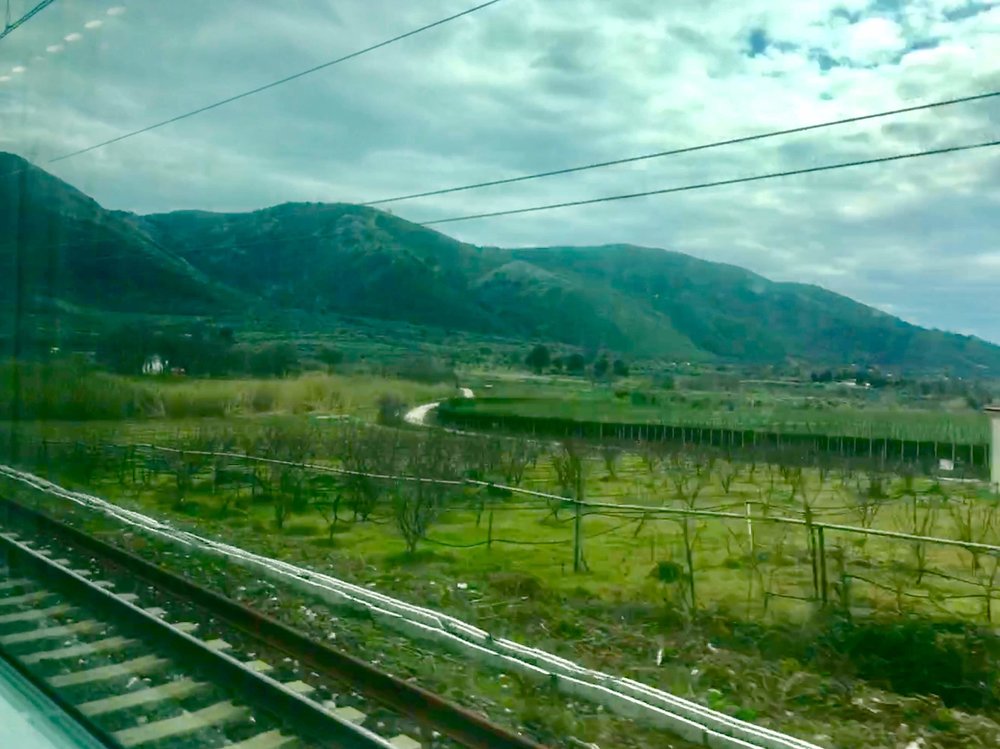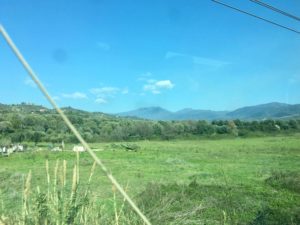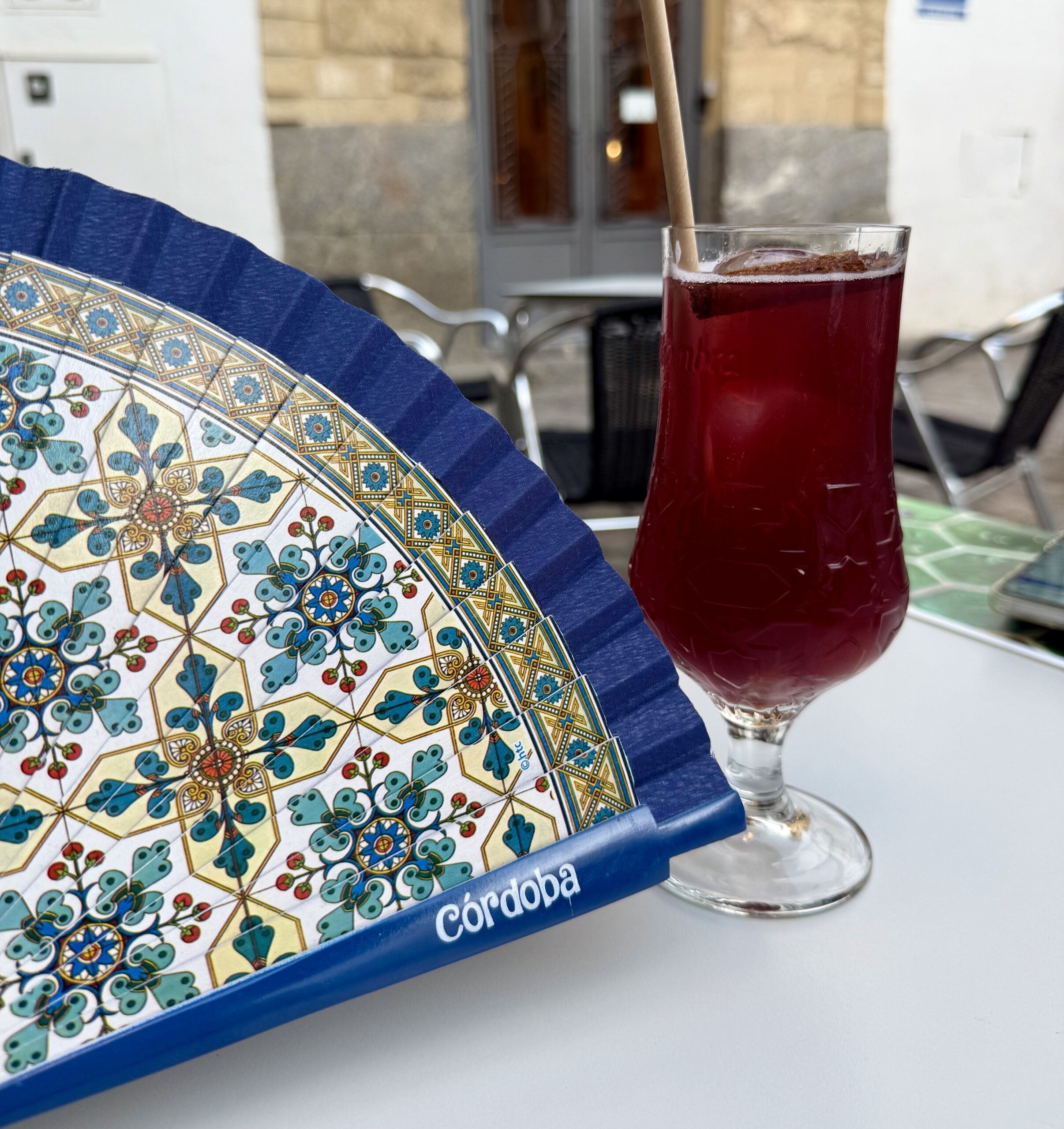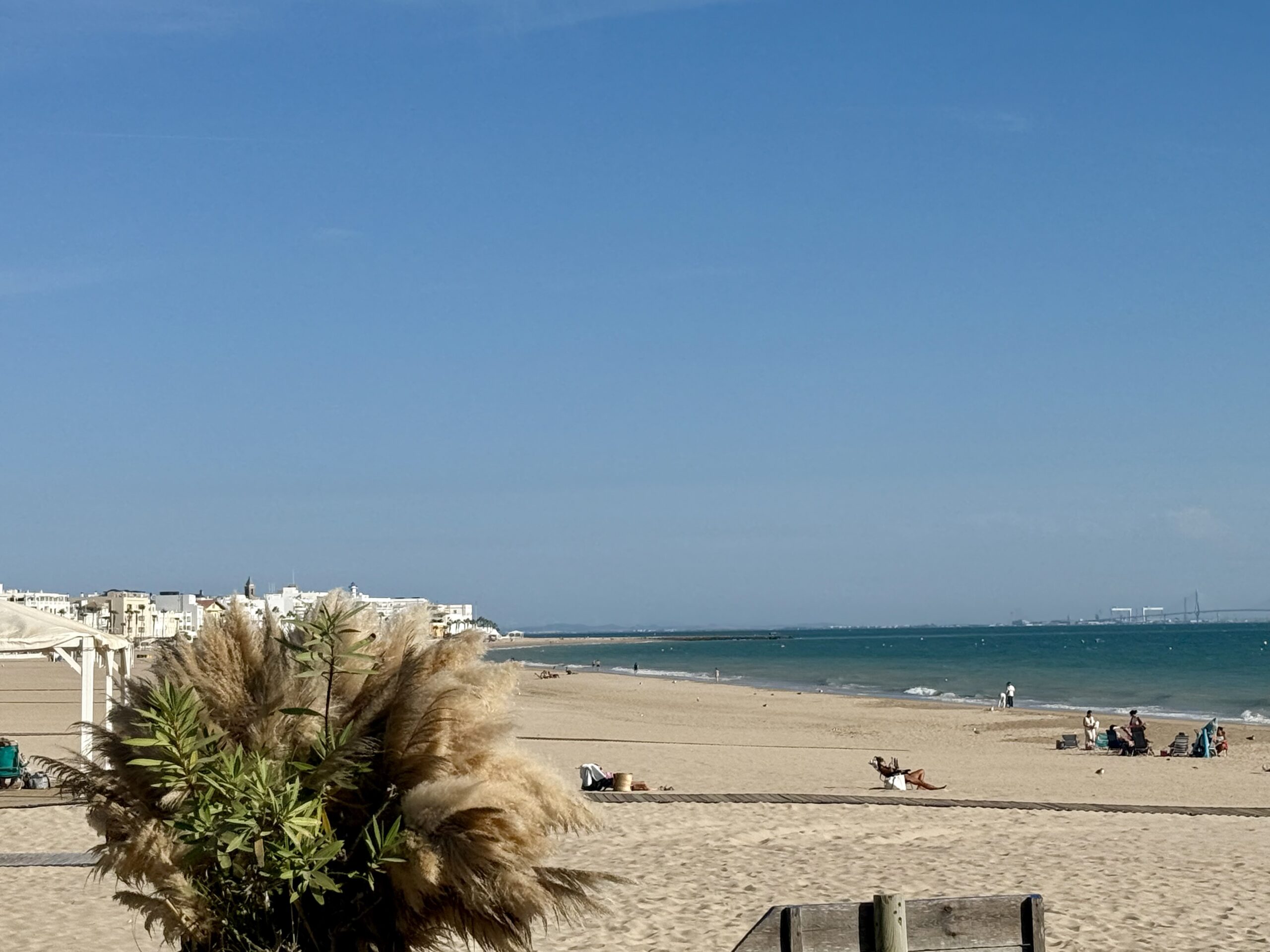
A not so distant mirror
August 22, 2019
“Those who do not remember the past
Are doomed to repeat it
— George Santayana
“We has met the enemy
Somewhere in Italy
And he is us”
—Pogo
For my background reading for our Italy trip, I’d stumbled across a couple of memoirs written by Americans coming to grips with their Italian heritage. I settled into My Two Italies by Joseph Luzzi. I was particularly intrigued by his recounting of Prime Minister Silvio Berlusconi’s years in power. Berlusconi headed the Italian government from 1994 until 2011, when he resigned to face charges of “bribery, Mafia collusion, false accounting, tax evasion, government corruption, and sexual solicitation.”

Somewhere in Montana
To say that Berlusconi is a charlatan, con man and clown would be fair, and a shining example of charlatans, con men and clowns everywhere, were it not for the fact that he headed the eighth largest economy in the world for the better part of twenty years.
Berlusconi made a name for himself as head of a media empire that produced tawdry quiz shows that included stripteasing housewives. Berlusconi’s libidinal exploits won a wink and a nod of approval from Italian men who, according to Luzzi, wished only they could be him. Berlusconi is said to be worth $10 billion. Luzzi writes: “With his face-lifts, seaside villas, Marinella ties [again with the ties?], sprawling estates, and near-naked showgirls, Berlusconi embodies the Italian love of surfaces.”

Somewhere in Italy
Luzzi sees signs that Berlusconi’s lifestyle has rubbed off on the country as a whole: “Each day, thousands evade taxes, rig bids, work under the table, give relatives preferential treatment, and engage in other illicit activities that have earned Italy its reputation as a place where virtue goes to die (the European Union listed Italy as second only to near-bankrupt Greece in corruption).”
These are not things that can be seen by the casual tourist. You also travel for the purpose of opening yourself to new and different experiences, and not to find yourself in a strange and distant country that may be serving as a contemporary cautionary tale for the country you call home. In these circumstances, you look for examples that show your cautionary tale to be an oversimplification and not relatable at all. For instance:
●The original Roman Empire was built on slavery (oops)
●Italy was composed of an agglomeration of states with significant cultural and political differences that led to jealousies and suspicions and war. (Sorry)
●The unification of Italy immediately led to regions agitating for secession (my bad)
●Italy was home to the institution (Catholic Church) most responsible for junk science that brought on the Dark Ages (Hmm. Interesting)
●It was here that torture was first legitimized (Inquisition) (Hmm. Very interesting)
●There are almost 16 million Italian-Americans in the US. (Yikes)
●Even Berlusconi referred to his own country as a paese di merda (shithole) ( Ah…)

Somewhere in Montana
Now I’m no cultural historian (that should be obvious), and I would never dare anyone to check these “alternative facts” (full disclosure: I was reading Michael Lewis’s The Fifth Risk when I was jotting down these observations). But it would be more reassuring to know these historical ruminations were more relevant to the country I had just visited than the one I’ve come back home to.
I still believe travel is broadening; it’s just that it can be more so in a frightening way than one would anticipate.



Be the first to comment